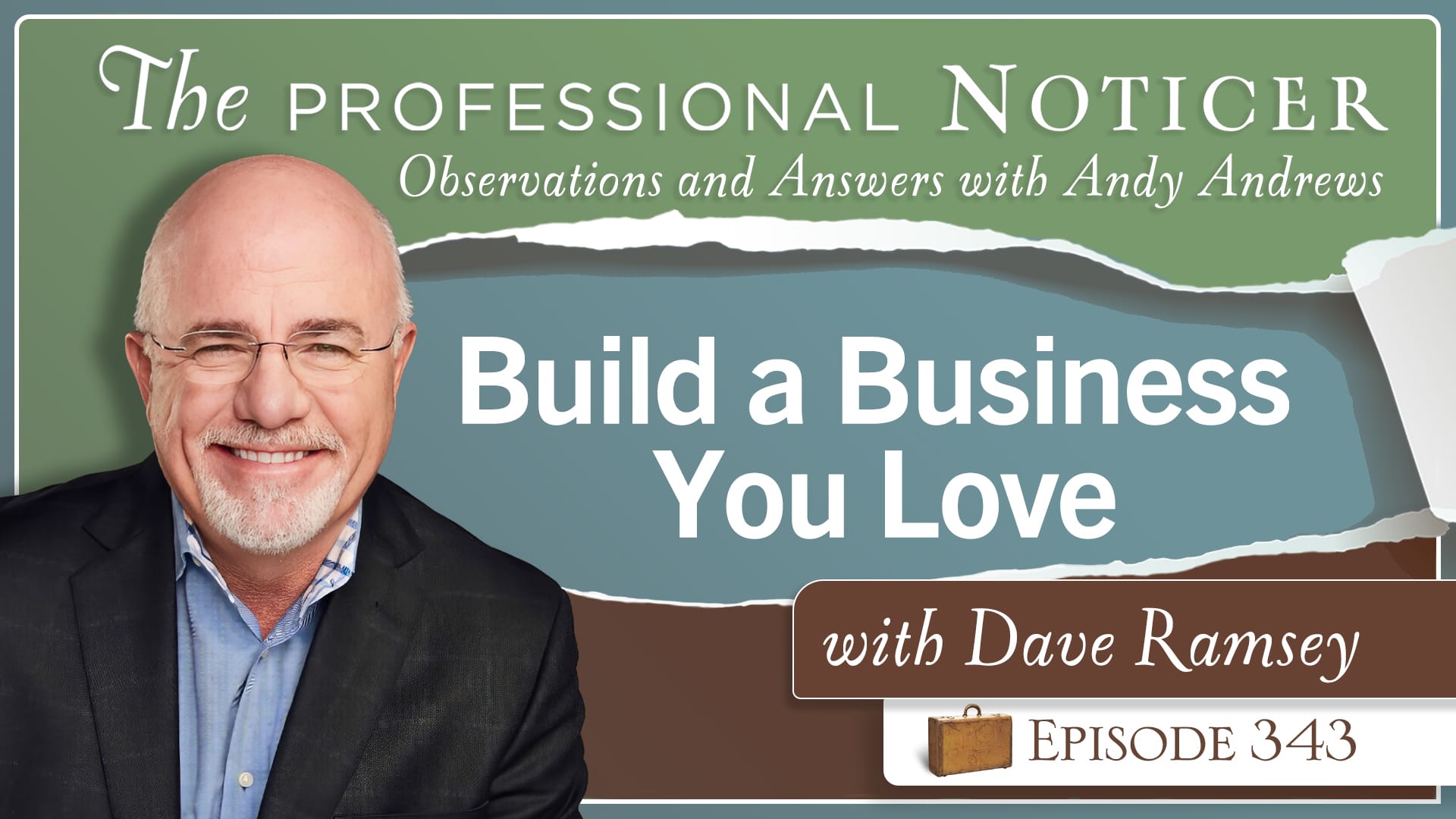Go to any website or bookstore these days and you’ll likely be bombarded with a thousand different pieces of “proven” advice for making money or unlocking your heart’s desire or living the life of your dreams.
We’ve never had more resources for solving problems, and yet…it doesn’t seem like we’re getting all that better at solving them.
With all the information available and all the sources shoveling it at you non-stop, how can you cut through the noise and find the things that truly will help you improve your life? How can you live the life YOU want to live—a life that is purposeful, fulfilling, valuable to others, and within reasonable reach?
While it’s true there are no actual “shortcuts,” there are things that will dramatically increase:
- the speed of your learning curve
- your ability to make correct decisions the first time
- your ability to avoid being a victim of “Herd Error” (Herd Error is the societal tendency to think logically to incorrect conclusions, affirm those conclusions with each other, and continue on in the belief that the results of those conclusions are awesome.)
These things are called principles, and they work whether you’re aware of them or not.
You do not have to be aware of the principle of gravity, for example, for it to impact your life should you stumble off a cliff.
Science and physics, however, are not the only areas in which principles are at work. They’re also at work in the daily decisions we make that determine our successes and failures in life and work.
I’ve devoted a large part of my career to figuring out simple ways of explaining these principles that, when understood and harnessed, can dramatically increase the results you’re seeking.
I’ve written extensively about these life principles in books like The Traveler’s Gift, but one thing I haven’t discussed as much is how to determine whether something is a principle or not.
What is simply an opinion…and what is a principle?
The 3 Characteristics of Life Principles
I’ve narrowed it down to three characteristics that I believe will help you spot the difference.
1. A principle is a foundational truth.
Remember the gravity example from earlier? It’s also an easy way of understanding what “foundational truth” means.
A foundational truth is simply something that affects you even if you ignore it.
Consider the principle of taking action. If you are a person of action, you will find more opportunities. You will move obstacles out of the way and inspire people to follow your lead.
However, if you choose to ignore taking action, you will not be exempt from the consequences of staying in place. Opportunities will evaporate. Growth will stagnate. You will regress.
So, when evaluating a principle, ask yourself: If I choose to ignore this, will it still affect me anyway?
2. A principle is self-evident.
You’ll remember the phrase, “We hold these truths to be self-evident,” from the Founding Fathers. This was really just a nice way of saying, “Any moron knows these things are true.”

In our heart of hearts, we almost always know a principle is the right thing to do—whether it’s taking action, forgiving someone, or greeting the day with gratitude. Because these things have been proven over and over again throughout history to be beneficial, they’re obvious to the point of being self-evident.
If an idea is a principle, you should be able to tell relatively quickly. Principles tend to jump off the page, even if they are challenging to uphold.
3. A principle is not just “true”…it is the truth.
Here’s a curious phenomenon: something can be true, but not the truth.
As a curious phenomenon, this deserves a curious example, so let me explain…
How do you think a lifelong blind person would describe an elephant?

If he touched the trunk he might say it’s like a snake. If he touched the leg he might say it’s like a tree trunk or a pole. If he felt the body of the elephant he might say it’s like a wall.
Every way he described that elephant would be true, but none would be the truth…because an elephant is nothing like any of those things.
Let’s apply this to the principle of forgiveness (which I discussed at length here).
While it may be true that someone doesn’t deserve your forgiveness, the truth is that forgiveness frees the forgiver, not the other way around!
Never Stop Searching for Truth
A principle is truth, and the truth is the bottom line.
Everyone is entitled to their own opinion—but not to their own facts. That is why it is vital to get past opinions and seek the truth in all you’re doing.
How do you separate opinions from principles? Leave a comment below and let me know!





